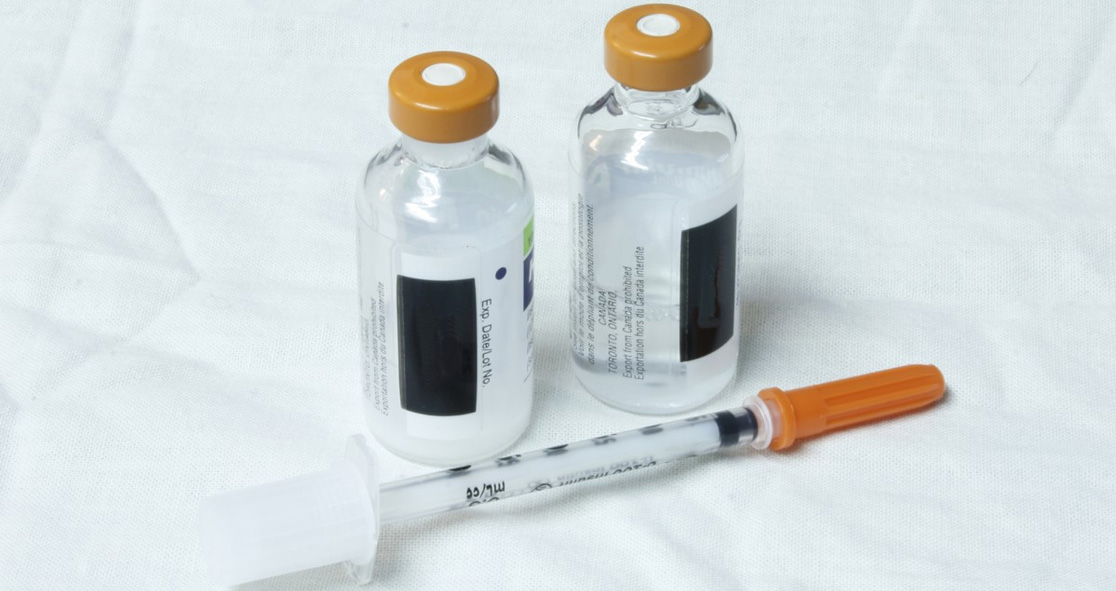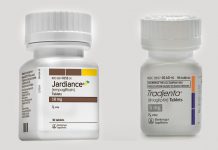For people with type II diabetes, it can be tough to control blood sugar without medication. And for some, it is difficult to take daily insulin shots, making them miss or avoid a dose.
Now, a new study has offered some hope for those who are not compliant with insulin therapy, suggesting that once-a-week insulin injection might someday replace daily shots.
A Phase II trial compared the new once-a-week insulin injection, known as icodec, to the commonly used insulin glargine (Lantus, Basaglar). It has found the new weekly insulin led to a similar reduction in blood glucose levels, with a similar safety profile to daily insulin glargine.
The study findings were published Tuesday in the New England Journal of Medicine.
Chief Science and Medical Officer for the American Diabetes Association Dr. Robert Gabbay said, “This is the first once-a-week injectable insulin, and this study suggests it’s as effective as taking insulin daily. If it does well through scrutiny in phase 3 trials, it could make life easier for people with type 2 diabetes.”
He added, “Getting people to start insulin is often a challenge, but if you only have to do it once a week, that may help.”
Once people start using weekly injections, they will likely “be more adherent, have better blood sugar control, and then fewer complications,” Dr. Gabbay said.
Insulin is a hormone that helps regulate blood sugar levels in the body, allowing sugar to go into the cells for energy purposes.
The study included nearly 250 people with type 2 diabetes, aged between 18 and 75. No participants had received long-term insulin therapy before the study.
During the six-month study period, half of the participants were assigned to take weekly injections, while the remaining took insulin glargine daily.
The study researchers found that people who took icodec saw a 1.33% point drop in their HbA1C and the insulin glargine group saw a 1.15% drop.
However, one complication associated with any type of insulin therapy is hypoglycemia or low blood sugar levels.
Both the weekly insulin and daily insulin had similar levels of serious hypoglycemic events. However, most of the adverse events in this study were mild.
Endocrinologist Dr. Akankasha Goyal of NYU Langone Health in New York City, said, “This is a very promising, innovative treatment. The insulin gradually releases over seven days. So far, the efficacy and safety are similar between icodec and insulin glargine.”
“Right now, insulin is a daily injection and we have a lot of resistance toward it. Icodec is more convenient and the once-a-week injection is a selling point,” she added.
Dr. Gabbay said, “Making insulin simpler for people facing physical or cognitive challenges who are cared for by another person is potentially a benefit of weekly insulin. The chance for an error is less if medication is given once a week rather than seven times.”
Icodec manufacturer, Novo Nordisk, said it hopes to start its Phase III trials later this year. If all goes well in the Phase III trials, Dr. Goyal and Dr. Gabbay expect the once-a-week insulin will be available to people with both type 1 and type 2 diabetes.





















